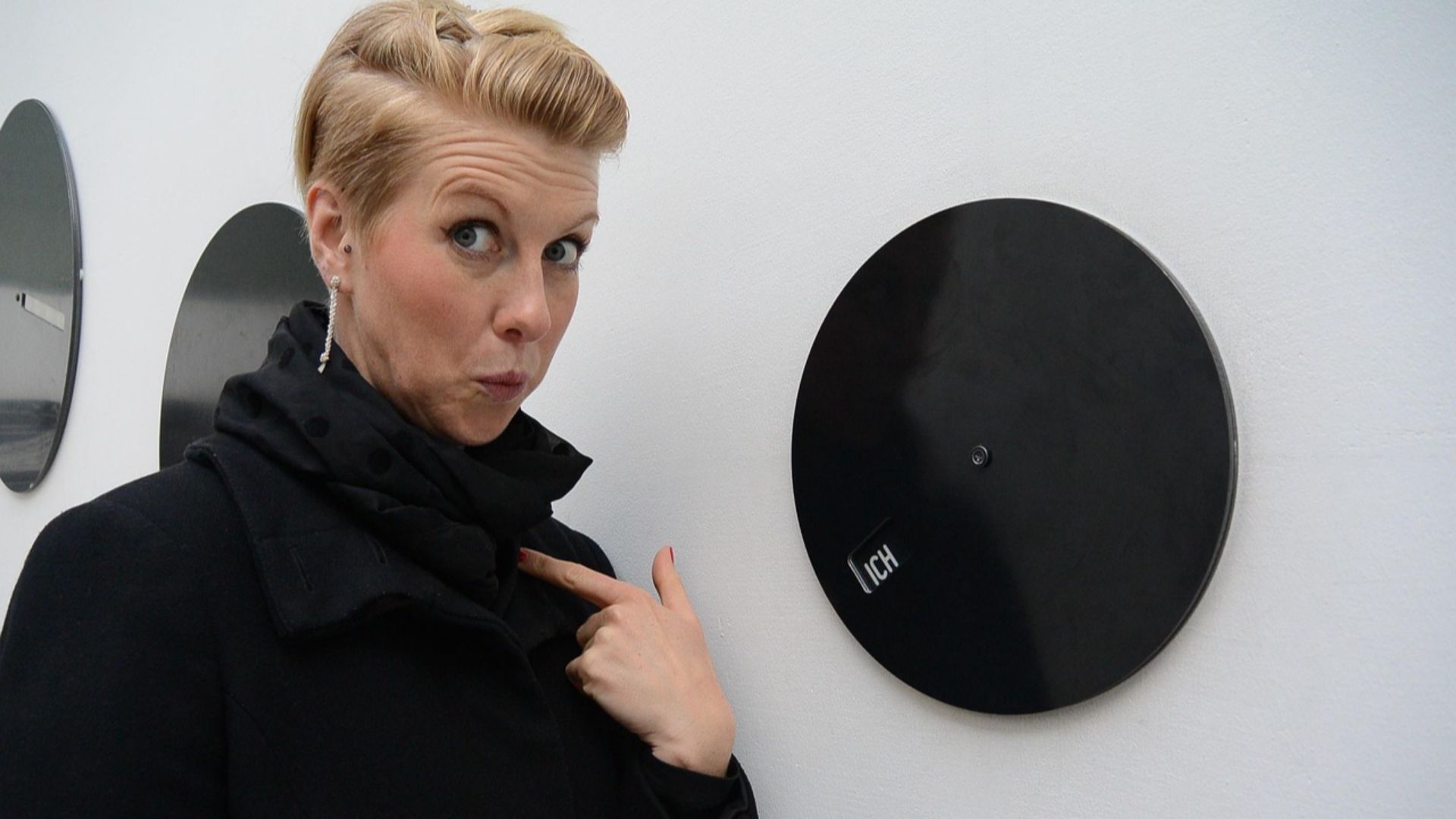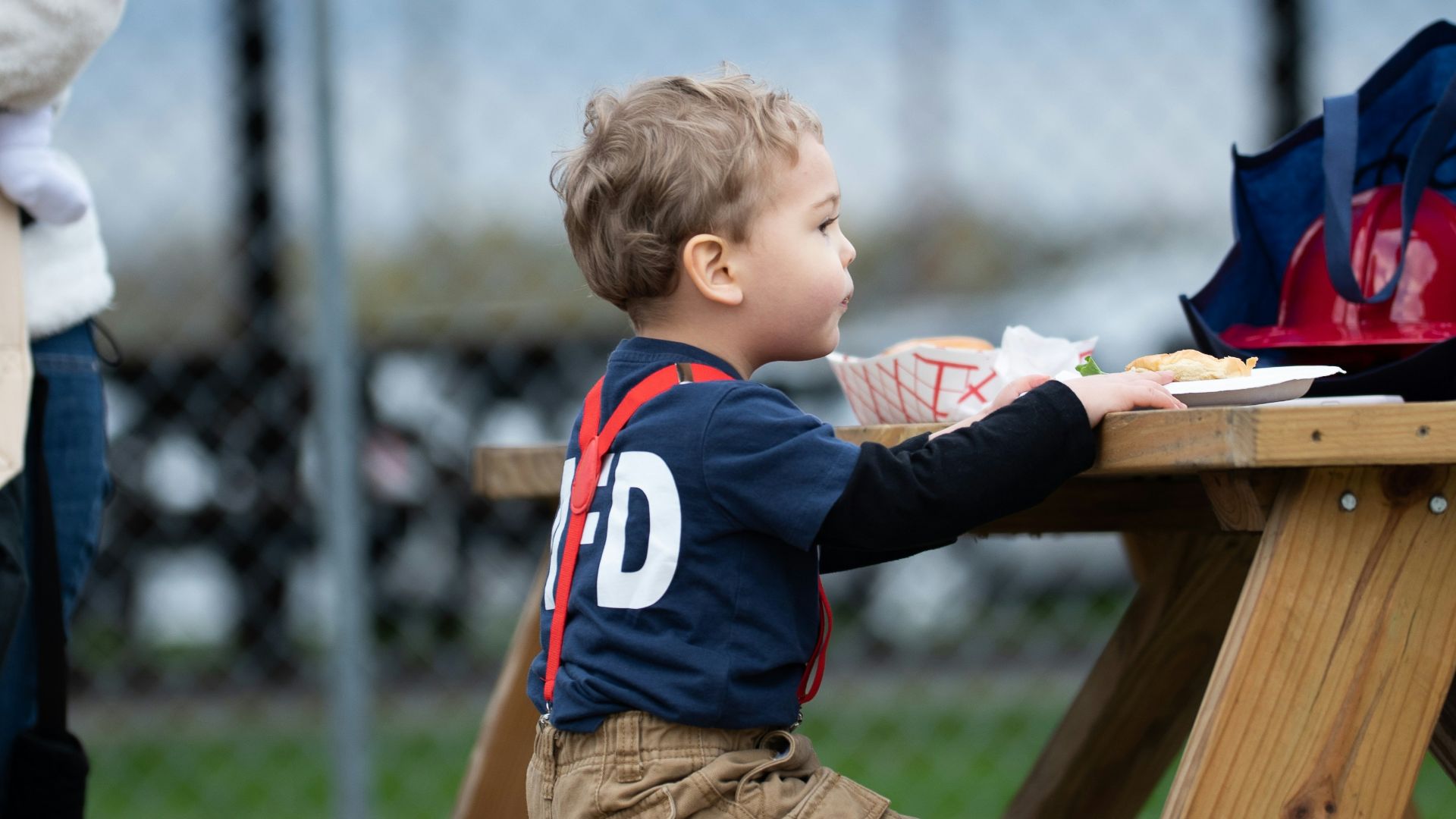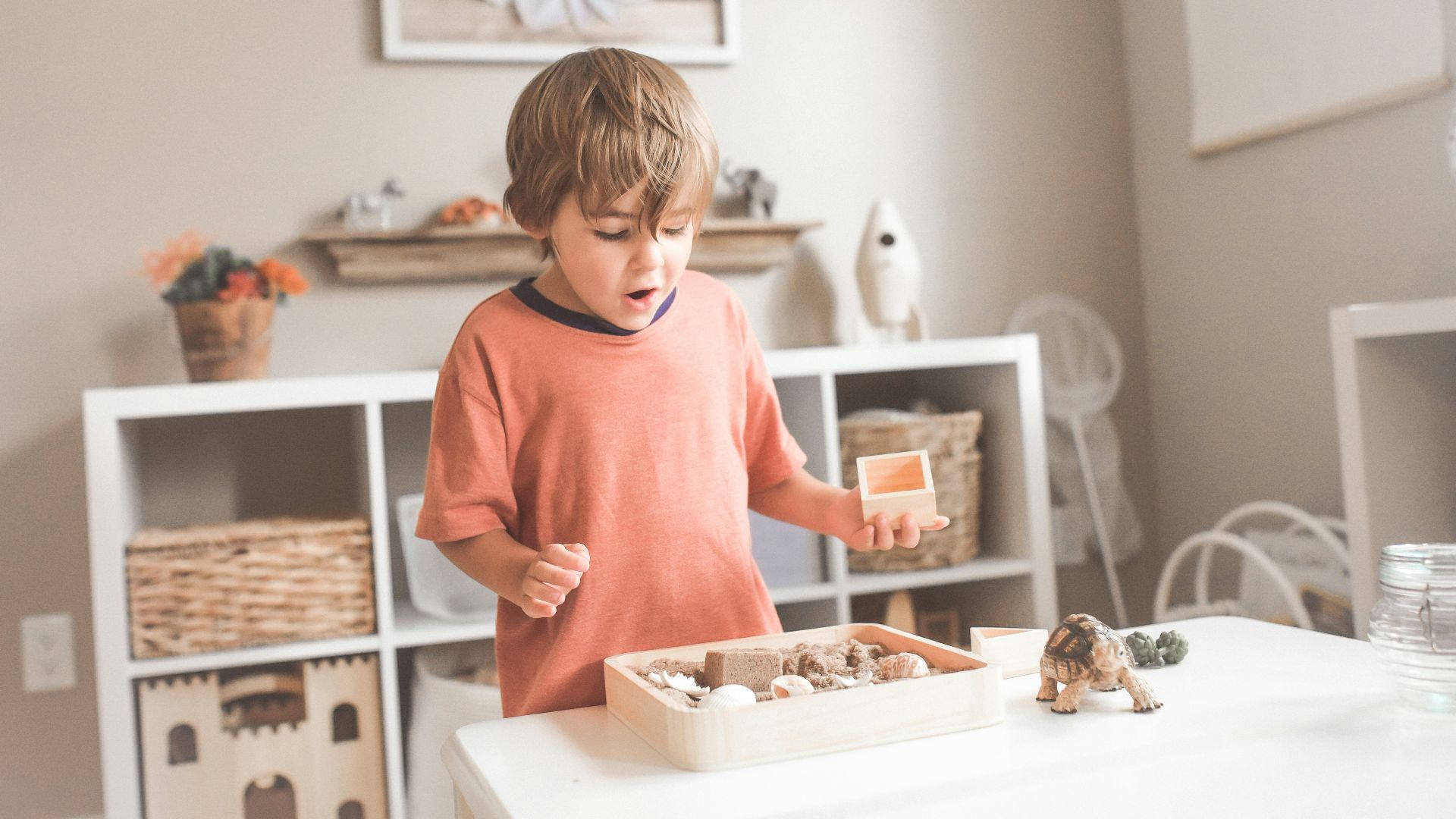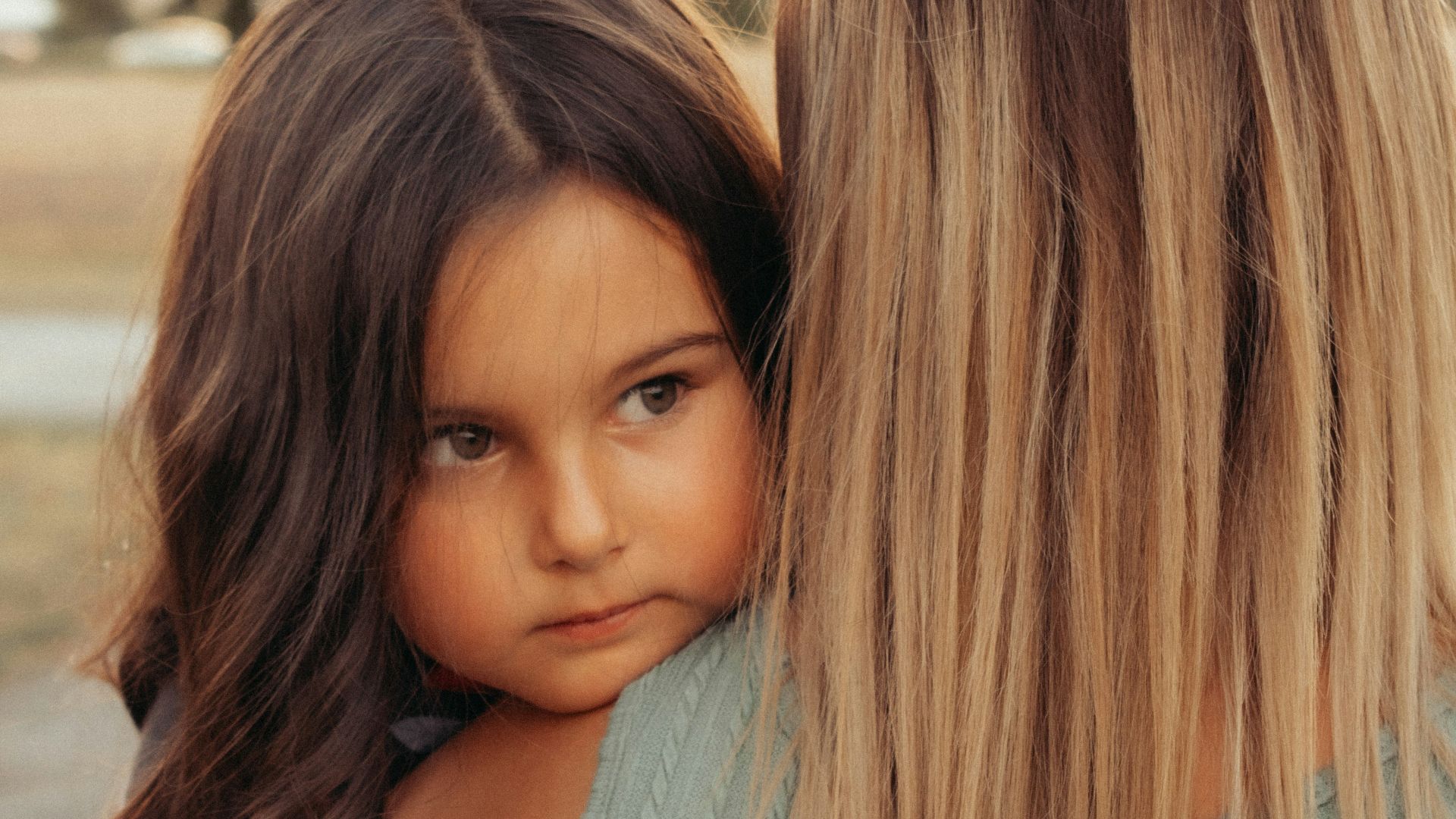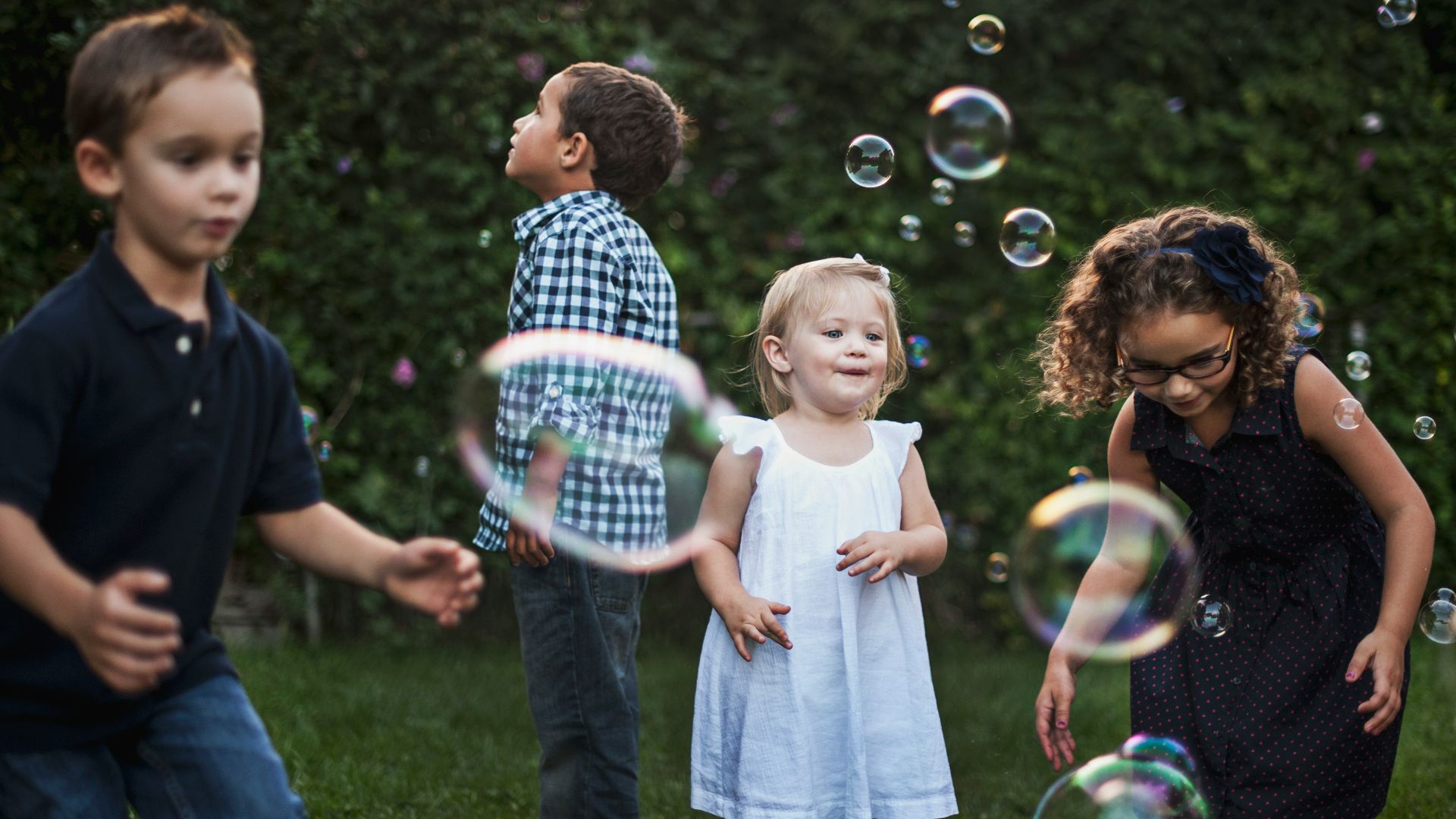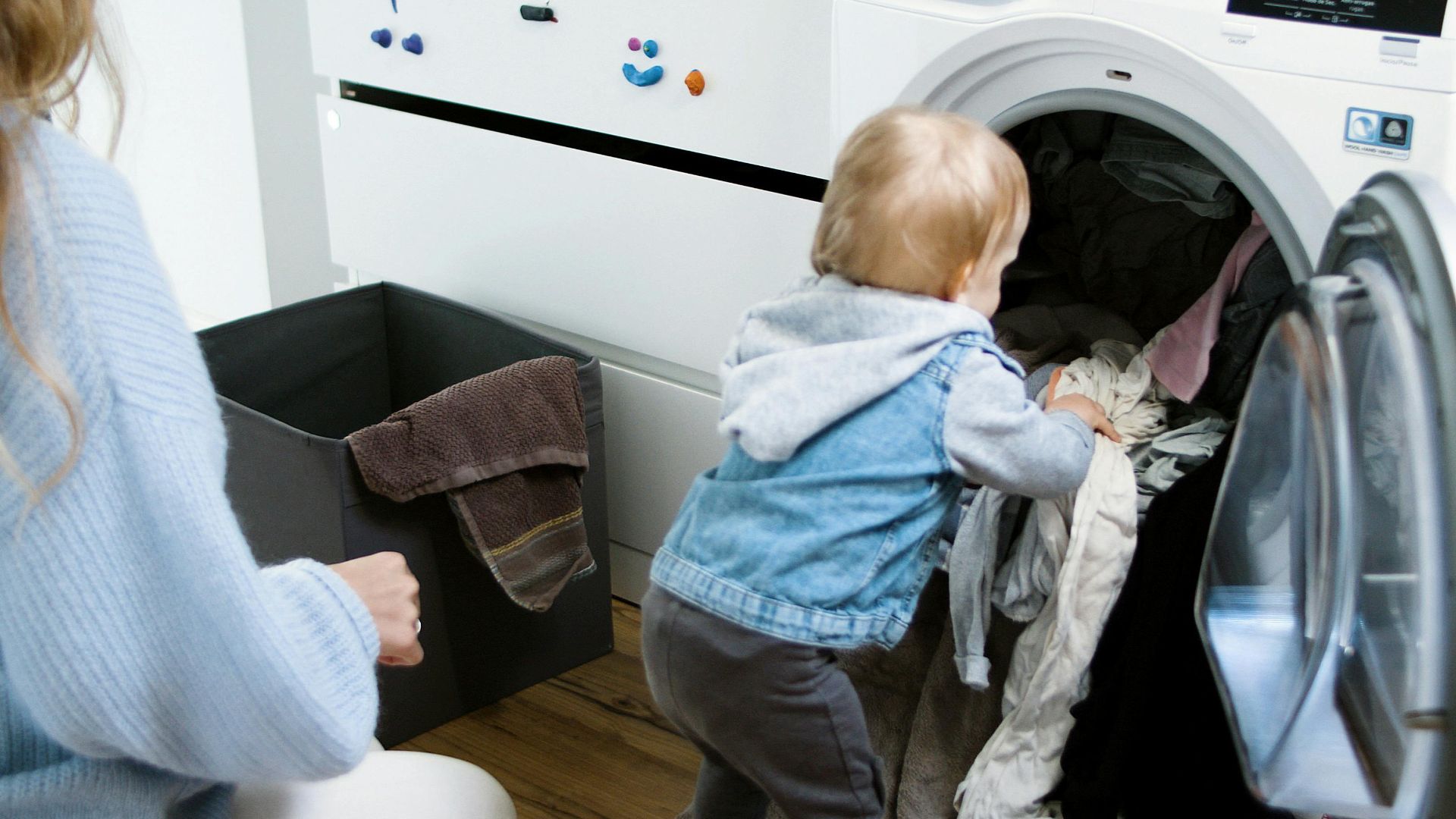Do You Believe In These Only Child Stereotypes?
We wouldn't be surprised to hear that you've heard of Only Child Syndrome before. Categorizing only children as spoiled, bratty, and inconsiderate, it's quite the popular belief that not having brothers or sisters shapes the way you are. Today, we're going to explore several of these stereotypes, explaining whether or not we believe in them. Keep in mind there's no conclusive research or truth behind these statements - they're just stereotypes after all.
1. Grow Up Selfish And Self-Centered
One of the most common stereotypes you'll hear about only children is that they're selfish and only care about themselves. Perhaps this belief stems from the idea that they never have to share or worry about taking care of others, but we simply don't think this is true. We, and many others online, believe it all comes down to parenting. Just because you don't have siblings doesn't mean you can't be kind, compassionate, and giving.
2. They're All Confident
Because only children learn to rely on themselves at a young age, many believe they grow up to be confident and self-assured. But given the impact of social media and our social groups, this simply can't be said for everyone. There are too many other factors in play that all affect our confidence. It's not just about family dynamics.
3. They're Lonely
Without brothers or sisters to play with, it's commonly believed that an only child is doomed to loneliness. But what about friends, parents, and relatives? We have so many other relationships in our lives beyond the ones we have with our siblings. We're sure plenty of only children have deep and meaningful bonds that make their lives fun and eventful.
4. Are Very Bossy
Another trait of Only Child Syndrome is bossiness. Some people think that because only children are stuck around adults more often, it gives them a sense of superiority and authority over other kids. But at the end of the day, there is zero conclusive research and we just don't think this is true. It's impossible to say that every only child grows to become bossy just because they don't have siblings.
5. React Poorly To Criticism
In our eyes, being sensitive to criticism can be a trait of any child coming from any family background. This isn't something exclusive to only children. No matter how much love or attention a child may receive, it can be hard for anyone hearing negative feedback.
6. Perform Better Academically
People often say being an only child puts a spotlight on them to do well in academics. With the pressure of parents coming into play, we can see that higher emphasis might be placed on them to study hard and get good grades. But as for results, we don't think the two are necessarily connected. Just because you study a lot doesn't mean you always do well in school. At the end of the day, we think it has to do with personal drive and motivation over being an only child.
 Kyle Gregory Devaras on Unsplash
Kyle Gregory Devaras on Unsplash
7. Grow To Become Socially Awkward
Without brothers and sisters to teach them how to socialize and interact with others, there's a popular stereotype that says only children grow to become socially awkward. But given how many opportunities they have to play with other kids in school or daycare, we think only children have lots of chances to pick up social skills in other ways.
 La Fabbrica Dei Sogni on Unsplash
La Fabbrica Dei Sogni on Unsplash
8. Make Up Imaginary Friends To Keep Them Company
You don't have to be an only child to create an imaginary friend that keeps you company, helps you overcome your fears, or goes on adventures with you. This is a common thing that many children do as a result of their own creative imagination. It just goes to show you that everyone craves the same thing: friendship.
9. Grow To Be Too Sensitive
If you believe only children are always spoiled and coddled, then it'd make sense why you would believe they'd be sensitive too. You're probably thinking, when things don't go their way, all hell breaks loose. However, we would disagree with this stereotype. That's because many seem to claim the opposite too, that only children become more stubborn and strong-minded. With so many different thoughts on their personality, who's to say which one is true.
10. They Want Siblings
Despite what you may believe, not all only children are lonely and want siblings to play with. Some kids are just independent by nature and love being on their own. They don't feel like they're missing out on anything and are just content with the way things are.
1. Grow To Become Independent
Speaking of independence, if there's one stereotype we do believe in, it's that only children are very independent due to their family environment. Whether it's learning new skills or having to play on their own, only children go through life experiencing many "firsts" by themselves. As a result, they learn to become independent and trust their own instincts a lot better than other kids who may rely on their siblings.
 Guillaume de Germain on Unsplash
Guillaume de Germain on Unsplash
2. They're Used To Getting Their Way
Saying that only children are used to getting their way doesn't mean the same thing as they grow up bratty or spoiled. What we think is true is that they're used to having their opinion heard. They get to have their say about where they want to eat, where to go on vacation, or what to do on the weekend. Without brothers and sisters, parents get to focus solely on their one child and consider what they want.
3. They Struggle With Social Skills At First
While we don't think only children grow up socially awkward, we do think there is an initial struggle learning how to navigate the social world. Most kids gain experience learning how to share and look out for others thanks to their siblings, but only children are learning this for the first time in school or daycare. They might just need extra time to get the hang of things.
4. Are Mature At A Young Age
Because they're brought along to more adult gatherings, we do think there's some truth behind the belief that only children are more mature. After all, interacting with adults is very different from playing with kids your age.
5. Have A Higher Chance of Being Spoiled
Yes, because being an only child means all eyes are on you, there's a good chance you'll be spoiled growing up. Not only do parents get to save extra not having to spend money on other kids, the only child gets specially catered trips and presents that they don't have to share. Sounds like a win-win, doesn't it?
6. Feel Pressure To Care For Their Parents
Without anyone else to rely on, only children may feel more pressure as they get older to support and care for their parents. With only one child in the family, all the responsibility sits on their shoulders. This certainly feels like something that might weigh down in the hearts of many only children - the feeling of being responsible for the family line and their parents.
7. More Comfortable Around Adults
Many only children generally spend more time around adults instead of kids their own age growing up. Whether it's being brought to gatherings, grown-up trips, or being babysat by their parent's friends, it's safe to say only children have much more opportunity to interact with older adults and get comfortable.
8. Responsible For Doing More Around The House
Here's one thing we're sure only children wish they had siblings for: doing chores. Unfortunately, there's no one else you can pass this on to. If you get assigned dishes, vacuuming, or laundry, it's up to you to finish it. While most of the time these chores get split among all the children, when it's just you, it's all on you.
9. Loves Being The Center Of Attention In The Family
Who wouldn't want to get all the love, affection, and attention from their family members? Instead of having to share the spotlight, only children get the benefit of having everyone focused on them. When you need something or someone, we're sure it just takes a matter of minutes to get it.
10. Receive Extra Love From Parents
While we're sure parents love all their children equally, when there's just one, you don't have to split your affection up. We do think that the stereotype of only children feeling extra loved is true. When it comes to time, resources, and effort, all of that is spent on the one baby in the family. There are no other distractions to worry about when you're the only child.



